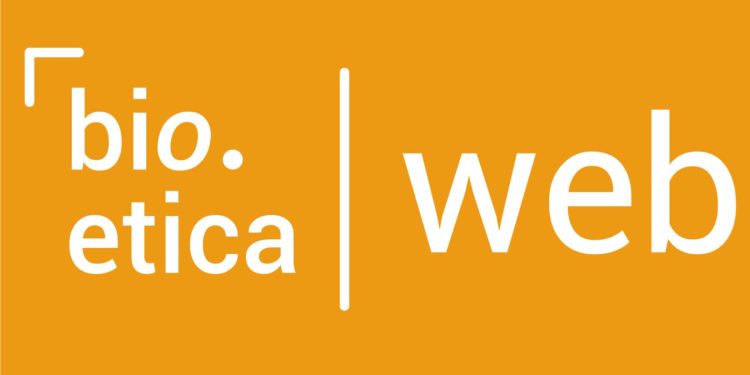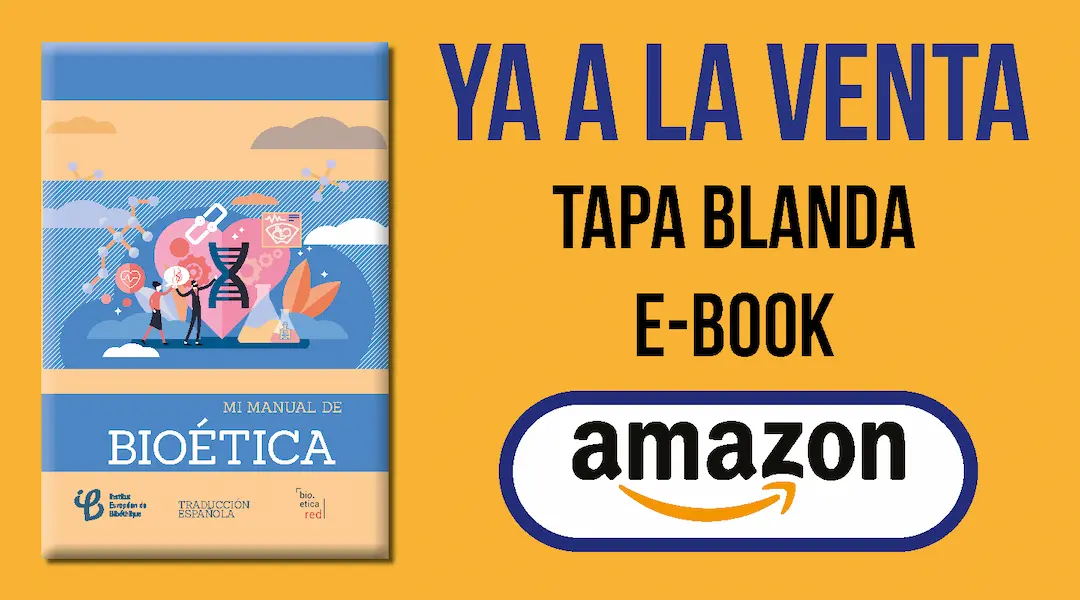ADVANCED CELL TECHNOLOGY REPORTS PUBLICATION OF RESULTS OF HUMAN SOMATIC CELL NUCLEAR TRANSFER AND PARTHENOGENESIS — Important Milestone in Therapeutic Cloning– Worcester, MA ““ November 25, 2001 ““ Advanced Cell Technology, Inc. (ACT) today announced publication of its research on human somatic cell nuclear transfer and parthenogenesis. The report, published in today”™s Journal of …
|
ADVANCED CELL TECHNOLOGY REPORTS PUBLICATION OF RESULTS OF HUMAN SOMATIC CELL NUCLEAR TRANSFER AND PARTHENOGENESIS | |
|
— Important Milestone in Therapeutic Cloning–
Worcester, MA ““ November 25, 2001 ““ Advanced Cell Technology, Inc. (ACT) today announced publication of its research on human somatic cell nuclear transfer and parthenogenesis. The report, published in today”™s Journal of Regenerative Medicine, provides the first proof that reprogrammed human cells can supply tissue for transplantation. Human embryonic stem (ES) cells, and other cells derived from the inner cell mass of the preimplantation embryo are totipotent, that is, they are capable of forming any cell or tissue in the human body. While numerous human ES cell lines are now in existence, they are of little value in human transplantation, as they would be rejected by a patient as foreign. Human therapeutic cloning has the potential to solve this problem by providing cells that are an exact genetic match for the patient. ACT”™s paper reports preliminary studies on two means of manufacturing such cells. The first method is parthenogenesis. In this technique an egg cell is activated without being fertilized by a sperm cell. A patient in need of a particular cell or tissue type provides the egg cell, the activated egg cell forms a preimplantation embryo, and the resulting stem cells are differentiated into the type of tissue the patient needs. The paper reports success in activating egg cells in this manner to form many-celled embryos resembling blastocysts. The paper does not report data on stem cell isolation. In a second series of studies, the company performed somatic cell nuclear transfer (cloning) to form preimplantation embryos. In this instance, human egg cells were prepared by removing their DNA and adding the DNA from a human somatic (body) cell. The paper reports that the somatic nuclei showed evidence of reprogramming to an embryonic state as evidenced by pronuclear development (a type of nucleus observed only in the fertilized egg) and by early embryonic development to the six-cell stage. Again, the company did not report on stem cell isolation. “Our preliminary results add to the weight of evidence that human cell reprogramming is possible,” said Jose B. Cibelli, Ph.D., D.VM., Vice-President of Research at ACT and the first author of the report. “We understand that these are early and preliminary results, but given the importance of this emerging field of medicine we decided to publish our results now.” The company”™s goal in applying cloning to human medicine is to create stem cells capable of differentiating into a variety of cells, such as heart cells, neurons, blood cells or islets for transplant therapies. “These are exciting preliminary results,” said Robert P. Lanza, M.D., Vice President of Medical and Scientific Development at ACT and an author on the paper. “This work sets the stage for human therapeutic cloning as a potentially limitless source of immune-compatible cells for tissue engineering and transplantation medicine. Our intention is not to create cloned human beings, but rather to make lifesaving therapies for a wide range of human disease conditions, including diabetes, strokes, cancer, AIDS, and neurodegenerative disorders such as Parkinson”™s and Alzheimer”™s disease.” “Human therapeutic cloning could be used for a host of age-related diseases,” said Michael D. West, Ph.D. the company”™s CEO and an author of the paper, “if the human cells behave as animal cells have in previous studies, we may have found a means of rebuilding the lifespan of cells at the same time. This would allow us to supply young cells of any kind, identical to the patient, that could be used to address the tidal wave of age-related disease that will accompany the aging of the population.” Researchers from Advanced Cell Technology collaborated with scientists from Duncan Holly Biomedical of Somerville, Massachusetts on the paper. The other authors are Kerrianne Cunniff of ACT, and Ann A. Kiessling and Charlotte Richards. Advanced Cell Technology is a biotechnology company focused on discovering and developing cloning technology for human medicine and agriculture. Additional information at the following links:
http://www.liebertpub.com/ebi Contact:
Advanced Cell Technology Michael D. West, Ph.D. Chief Executive Officer (508) 756-1212
|











